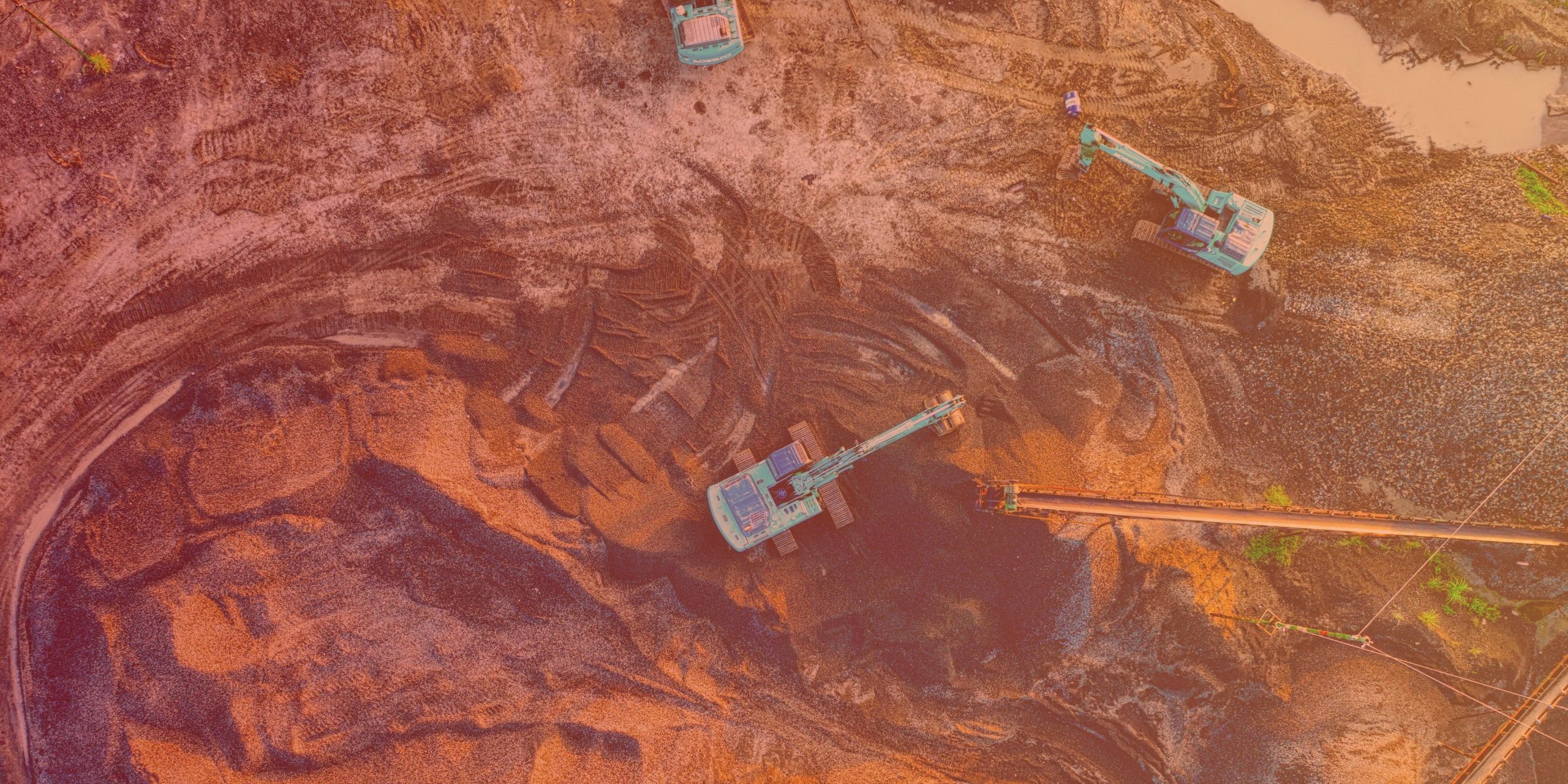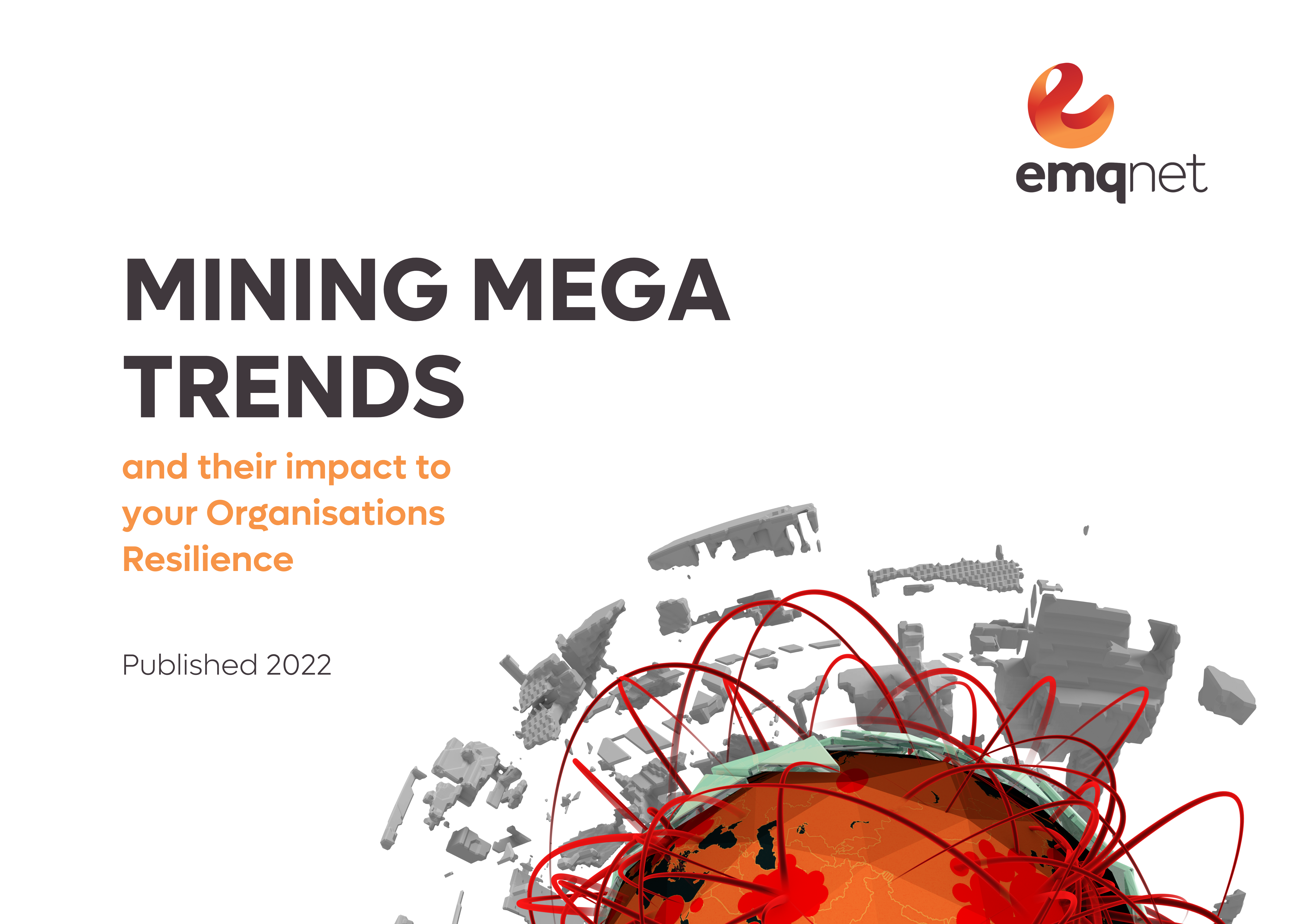In 2018 a fatality occurred at a remote Australian coal mine operated by a $200 billion multinational resources company. A bulldozer fell into the mine pit, killing the driver, in an accident that occurred during a peak holiday period when the general manger was off-site. Operations ceased and the 1200-strong workforce was stood down while the relevant authorities attended the scene. In total, the mine was shut down for two days, at a cost of AU$1 million an hour. However, the disruption could have been much worse if the mining company did not have a rigorous operational continuity framework in place.
Planning and Preparation
While any workplace death is a tragedy, it’s an eventuality all enterprises – especially those operating in hazardous environments – must prepare for. With the emqnet crisis management platform and process-led strategies, the mining company was able to respond to the incident swiftly and effectively, minimising operational downtime. The enterprise had uploaded their crisis management plan to the emqnet platform in the months leading up to the fatality and, just days beforehand, participated in a live training event. This routine practice gave all teams the capability and capacity to effectively respond to the real-life mine incident.
Response and Recovery
Within 10 minutes of initiating an event on the emqnet platform, key stakeholders had been alerted, the Emergency Management Team (EMT) had activated, and site operations paused. Within two hours, next of kin had been notified, site and severity assessments had been completed, police had been called in and employee assistance programs initiated. During this early window, government stakeholders were also contacted, internal and external communications drafted, and a spokesperson appointed. Within four hours, the body had been recovered, an inspector had taken control of the site, and the event moved into the pre-investigation phase. Each action, communication and decision followed a prescribed process, enacted and documented through the emqnet platform.
The strength of the platform was demonstrated in its ability to seamlessly connect off-site personnel, updating team members enterprise-wide on the one, centralised system. As a result, the general manager, who was on leave at the time and several hours away, was able to link into the event via the mobile app and receive real-time updates. This platform connectivity meant that by the time the manager arrived at the site some hours after incident activation, they had full situational awareness and were immediately able to assume a lead role in the Incident Management Team/Crisis Management Team (IMT/CMT) without any undo delay. The swift, efficient response – enabled by the emqnet framework – potentially saved the enterprise hundreds of millions of dollars in lost productivity. In an era where companies are measured on their triple bottom line, the promptness and efficacy of the response also publicly demonstrated the enterprise’s commitment to upholding its obligations to its workforce and regulators.
“In an era where companies are measured on their triple bottom line, the promptness and efficacy of the response also publicly demonstrates the enterprise’s commitment to upholding its obligations to its workforce and regulators.” Jarrod Wilson, emqnet CEO
After Action Review
The post-incident review is just as important as the response and recovery phase. This forensic analysis of what went well and what could be improved will enhance the company’s resilience program going forward. The review, which exposed incident notification weaknesses and failures in communications equipment, will inform how the enterprise’s crisis management plan is revised and augmented. This, coupled with ongoing training, ensures the organisation is best placed to respond to whatever unforeseen eventualities may occur in future.
Like this case study? Read more like it here.



